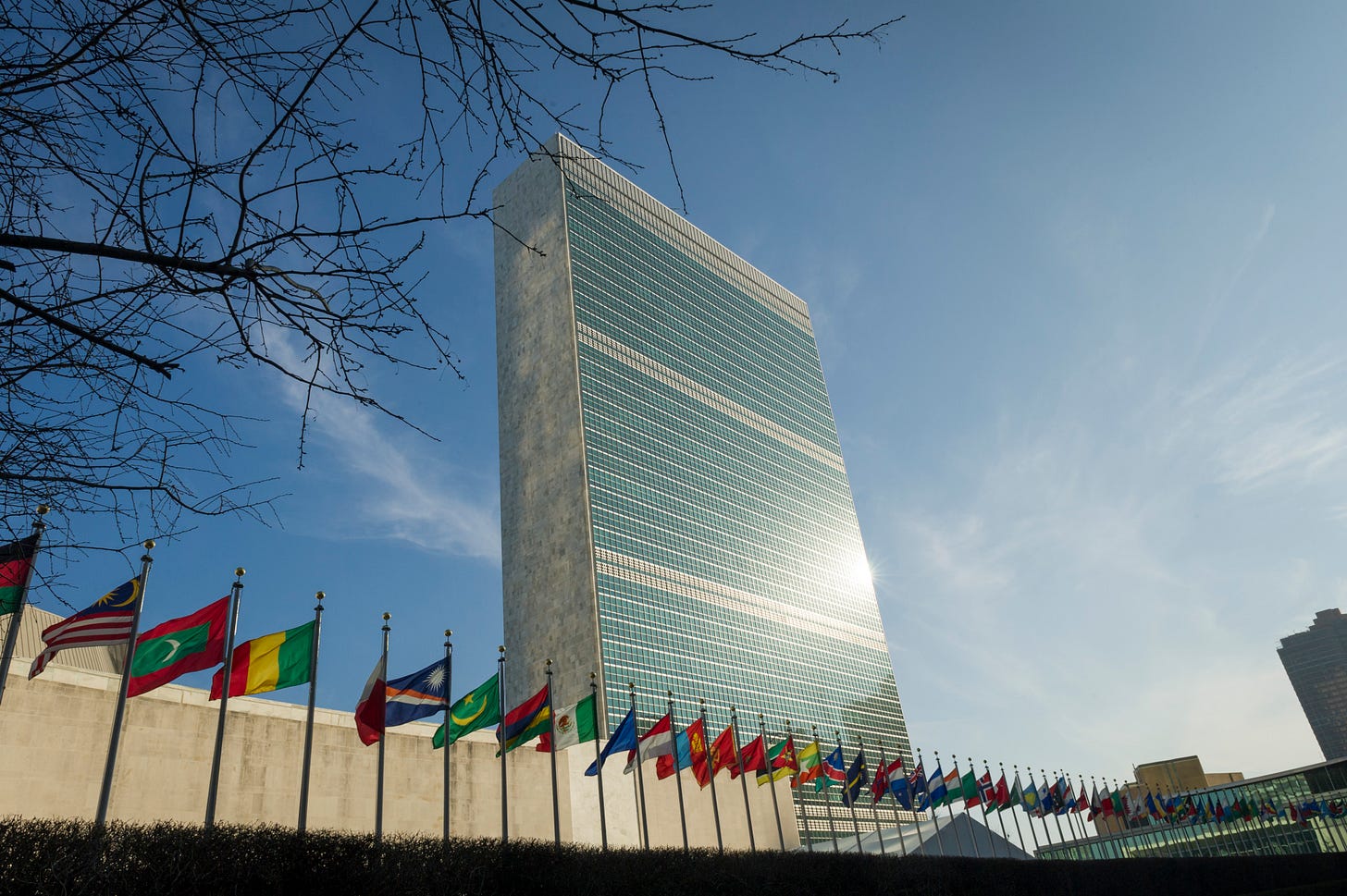Budget reveals small progress towards meeting UN anti-torture obligations
Buried in last week's budget was confirmation that two states have finally accepted Commonwealth funding to establish independent prison inspection bodies.
While there was no fanfare around it, buried in last week’s federal budget was a revelation that there has been some progress towards Australia finally meeting its obligations under a United Nations anti-torture convention.
Australia ratified the Optional Protocol to the Convention Against Torture (OPCAT) in 2017, which requires signatories to establish independent inspection bodies to monitor places of detention, known as National Preventive Mechanisms (NPMs).
In Australia, state and territory governments are responsible for appointing these NPMs.
Despite pushing back its implementation deadline by several years, Australia failed to have these NPMs in place in time and is currently in breach of its OPCAT obligations, with New South Wales, Victoria and Queensland still yet to appoint an NPM.
The issue boils down to a disagreement over who should be responsible for funding these inspection bodies, with the federal government offering a one-off funding deal to help with their establishment and the states pushing for ongoing support from the Commonwealth.
The federal government has for several years offered one-off funding, but it has only been accepted by the ACT, which received $100,000 in the 2022-23 budget.
The recent federal budget revealed that Queensland and Tasmania have now also accepted this funding offering, indicating there has been progress towards them designating an NPM and breaking the deadlock with the Commonwealth.
The news is particularly significant when it comes to Queensland, which has continually formed a bloc with New South Wales and Victoria to refuse to appoint NPMs until they receive recurring Commonwealth funding.
Queensland now appears to have broken ranks with the two biggest states in the country and agreed to the one-off funding.
The federal budget reveals that Queensland will receive $900,000 in 2023-24 and Tasmania will land $200,000 to assist with the implementation of OPCAT.
Despite the ongoing funding deadlock, it’s estimated that these NPMs would only cost about $2.5 million annually for the larger states.
In a joint statement, the Australian NPMs nominated by the states and territories and the Commonwealth Ombudsman said they were “deeply concerned and once again disappointed” with the lack of substantial funding for OPCAT in the federal budget.
“While it is positive to see the potential of some time-limited funding to some jurisdictions, current funding is insufficient to meet Australia’s torture prevention responsibilities,” the NPMs said.
“We had hoped ongoing disagreements between Commonwealth, state and territory governments on the appropriate resourcing to fulfil our OPCAT mandate would be resolved. We urge governments to resolve this matter expeditiously and ensure that NPMs are appropriately resourced to fulfil their mandate.”
Australia failed to meet the deadline of January last year to implement OPCAT, and has been in breach of the protocol in the near-18 months since.
OPCAT also requires signatories to provide a group of UN experts unfettered access to places of detention around the country.
This subcommittee group was forced to terminate its visit to Australia after it was blocked from visiting places of detention in New South Wales and Queensland.
Queensland has since passed legislation to facilitate such inspections in the future.
The ACT also last week introduced legislation to Parliament officially appointing its Office of the Inspector of Correctional Services, the ACT Human Rights Commission and the ACT Ombudsman as the territory’s NPM.

